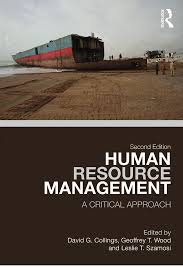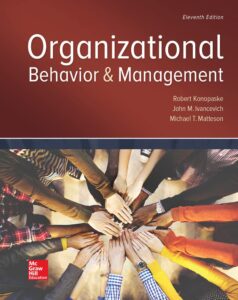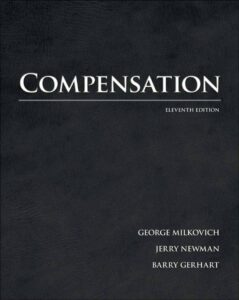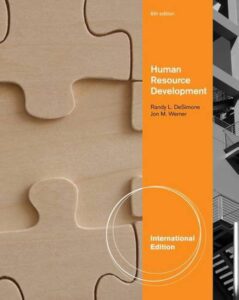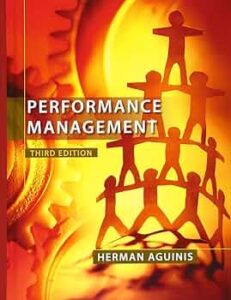Overview of Human Resource Management in Organizations
Human Resource Management (HRM) plays a vital role in the success of organizations by managing and developing their most valuable asset – their people. The field of HRM has seen significant changes in recent years, with a shift towards a more strategic approach to people management. In this blog post, we will explore the concept of HRM and its role in organizations, with a focus on the work of renowned scholars David G. Collings and Geoffrey F. Wood.
David G. Collings is a Professor of Human Resource Management and Associate Dean for Research at DCU Business School, Dublin City University. His research interests include multinational corporations, talent management, and comparative HRM. Geoffrey F. Wood is a Professor of International Business at the University of Warwick, UK. His research focuses on HRM in multinational corporations and the effects of globalization on employment relations.
What is Human Resource Management?
HRM can be defined as the process of managing people in an organizational setting. It includes activities such as recruiting, hiring, training, and developing employees, as well as managing employee performance, compensation, and employee relations. HRM also involves creating policies and practices that align with the organization’s objectives and values, and meeting the needs and expectations of employees.
While HRM was traditionally seen as a support function, it has now evolved into a strategic function, with a focus on creating competitive advantage through people. With increasing competition and technological advancements, organizations are recognizing the importance of human capital and the need for effective HRM practices.
David G. Collings and Geoffrey F. Wood’s Contributions to HRM
Collings and Wood are influential scholars in the field of HRM, and their work has greatly contributed to our understanding of HRM in organizations. One of their key contributions is the concept of talent management. They argue that talent management is an essential part of HRM, as organizations need to identify, attract, develop, and retain talented individuals to achieve their strategic objectives.
Another important contribution is their research on multinational corporations (MNCs). MNCs operate in different countries and face various challenges related to managing their employees. Collings and Wood’s work has shed light on the complexities of HRM in MNCs, including cross-cultural differences, diversity, and the role of the headquarters in managing their global workforce.
The Future of HRM
The rapid pace of technological advancements has greatly impacted HRM. Automation and artificial intelligence are changing the way HRM tasks are performed, and this trend is likely to continue. Moreover, the rise of the gig economy and remote work has raised new questions and challenges for HRM.
In the future, HRM is likely to become more data-driven and strategic, using analytics to make informed decisions about people management. The role of HR professionals will also evolve, requiring them to have a broader understanding of the organization and its business goals, as well as analytical skills.
Conclusion
In today’s dynamic business environment, HRM plays a crucial role in organizations, and its importance is only going to increase in the future. The work of David G. Collings and Geoffrey F. Wood has significantly contributed to our understanding of HRM in organizations, especially in the areas of talent management and managing global workforces. With the ongoing changes in the business landscape, HRM will continue to evolve, and HR professionals must stay updated and adapt to the changing needs of the organization and its workforce.
